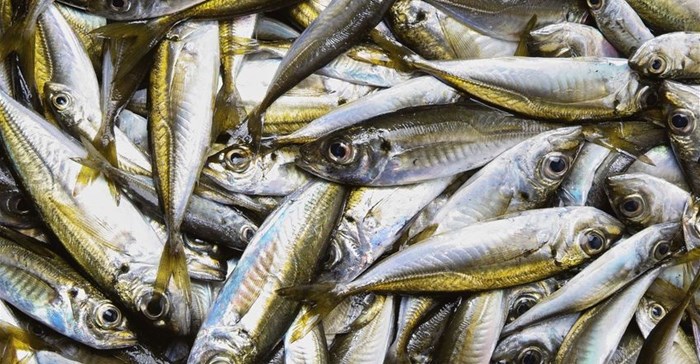Updated ocean economy scorecard on SA's marine resources released
WWF-SA has released an updated ocean economy scorecard on the state of the country's marine resources. While there has not been any major regression in the past two years, according to the scorecard, there are still many areas of concern.
WWF first published an Oceans Facts and Future report on the South African ocean economy in 2016. Its objective was to provide a snapshot of the state of our oceans and to catalyse collaboration. Within the report, an ocean economy scorecard was developed to act as a marker against which progress could be measured and tracked. Two years later, this scorecard has been updated to see if there have been any significant changes.
Key updates for 2018
- Globally, there has been a 2% increase in overfished stock and a 4% drop in under-fished stock, which indicates that more and more species are being fished to capacity and beyond.
- In South Africa, the number of sustainably fished species (optimally exploited) remains the same.
- Of concern in local waters is that the number of species with an unknown/uncertain status has increased, suggesting that the we have very limited to little information about almost a quarter of the species we are taking out of the ocean.
- A 4% decrease in the percentage of over-exploited species is due to the Department of Agriculture, Forestry and Fisheries (DAFF) expanding the total number of species in its formal stock assessments.
- The WWF Southern African Sustainable Seafood Initiative (SASSI) species assessments have increased from 79 to 91, largely due to an increase in the number of assessments for inshore trawl bycatch species.
- The total number of orange-listed species in the WWF-SASSI traffic-light system has increased. Some species, such as carpenter and panga (inshore demersal trawl), have shown an improvement and consequently have moved from red to orange. Others, like sardine (purse seine) and gurnard (offshore demersal trawl), have shown a decline and thus moved from green to orange.
- African penguins and West Coast rock lobster numbers continue to decline at an alarming rate. For penguins, this is due to a lack of available food and the effects of climate change. The decline in rock lobster is being driven by high levels of illegal, unreported and unregulated fishing (IUU) and poor management of the fishery.
- IUU remains unchanged as no additional effort has been put into this area.
- Both species of hake continue their upward trajectory with deep water hake currently at maximum sustainable yield.
- There have also been positive changes with regards to coastal livelihoods in that small-scale fishing communities have been identified with the first allocations being made in the Northern Cape.
- Similarly there has been a positive shift with regards to marine spatial planning with planning legislation now being implemented.
- Major retailers and suppliers continue to make steady progress against their commitments.
“While it is encouraging that many of the key challenges and issues highlighted in the 2018 scorecard have not shown any major regression, the overall picture is concerning and significant progress still needs to be made going forward if we are to safeguard our marine resources for coastal communities and future generations,” says Pavitray Pillay, head of WWF-SASSI.
Download the Ocean Scorecard here.






















